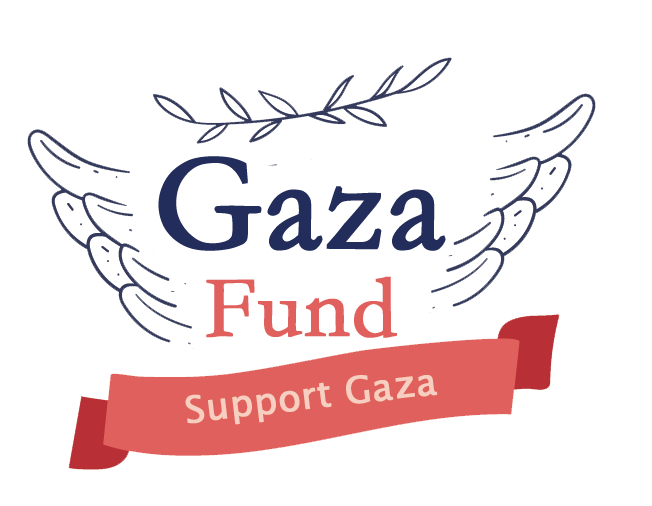Gaza Water emergency appeal

As Palestinian families face unremitting hardship in Gaza, GazaFund is calling on supporters to help us provide much-needed humanitarian aid.
Since an unprecedented escalation began in early October, Gaza has endured relentless bombing by Israel.
Tightening its blockade of the enclave, Israel has caused severe shortages of food, water, medicine and electricity, with reports of doctors forced to operate by the light of mobile phones and families resorting to eating grass.
Gaza is now on the verge of famine, with 1 in 10 young children now acutely malnourished.
More than 75% of the population has become displaced, with some families forced to move several times in search of safety.
Over 60% of homes have been damaged or destroyed, hospitals are being attacked and most areas are littered with unexploded ordnance.
In Rafah, near the border with Egypt, people are suffering under an unremitting Israeli assault. More than 900,000 Palestinians have been forced out of Rafah and parts of northern Gaza in recent weeks, with most now sheltering in apalling conditions.
The Gaza Health Ministry states more than 40,000 people – mostly women and children – have been killed in Gaza and over 92,000 have been injured. The Israeli government says that around 1,200 have been killed in Israel since the crisis began.
Islamic Relief strongly condemns all violence and is calling for an immediate ceasefire, an end to Israel’s siege and for international law to be upheld.
All parties have a duty to protect civilians from harm, avoid targeting civilian infrastructure, and to ensure that civilians have access to basic necessities such as water, food and power. That duty is clearly not being met.
We have been providing humanitarian relief in the Occupied Palestinian Territory since 1997, serving as a lifeline for communities struggling with the devastating effects of the occupation and recurring conflict.
Our team and local partners in Gaza are facing huge challenges, but continue to deliver vital aid.
We have prepared and served well over 10 million hot meals in shelters, helping to keep displaced people fed amid the crisis. In partnership with the World Food Programme (WFP), we have been supplying some 35,000 mothers and their young children with nutritional supplements on a biweekly basis to combat malnutrition. This programme allows food packs containing essential supplies to reach 54,000 families in need.
In the earliest days of the crisis, we distributed more than 2.3 million medical supplies to healthcare facilities, and we continue to support the struggling healthcare sector by paying the salaries of doctors at a small health clinic dealing with minor treatments and consultations. In shelters, we distribute water and organise games and other activities to offer some respite and counselling to displaced children.
